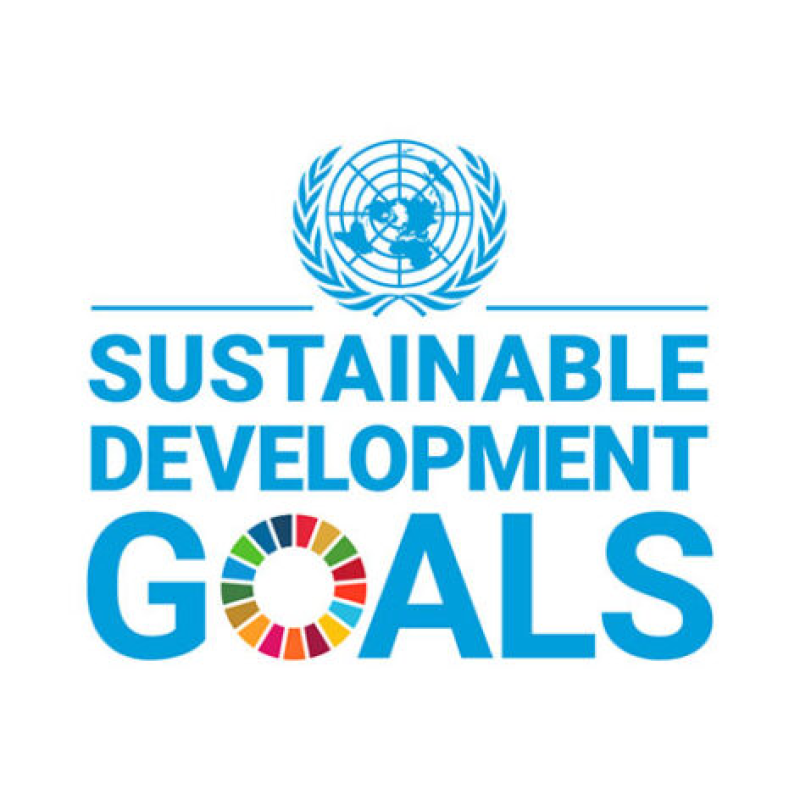- Tarique leaves for 300 feet area from airport |
- BNP top leaders welcome Tarique Rahman on homecoming |
- Flight carrying Tarique, family lands in Dhaka |
- Red bus with ‘Bangladesh first’ slogan ready at Dhaka airport for Tarique |
- Flight carrying Tarique, family lands at Dhaka Airport |
Feminist Electrification: Empowering Women to Power Africa

Chad is one of the most extreme examples of energy poverty, with just 10% of the population connected to electricity, a rural electrification rate below 2%, and a global per capita electricity consumption rate only 18% of the global average. This severely hinders its economic development.
Rapid population growth also compounds the problem. Chad has one of the world’s fastest-growing populations; its 21 million people are expected to more than triple by the end of the century. Low educational attainment—only 38% of girls complete primary school—coupled with high rates of child marriage and fertility, further constrain development.
The World Bank is addressing some of these issues, including a new agreement to strengthen Chad’s education system and launching Mission 300 in partnership with the African Development Bank to connect 300 million more people in Africa to electricity by 2030.
However, these issues are interconnected and can only be solved holistically. Affordable, clean energy for all is Sustainable Development Goal 7 (SDG 7), which is also linked to SDG 5 (gender equity and women’s empowerment), a prerequisite for lowering fertility and slowing population growth. Energy access is also tied to education (SDG 4), ending poverty (SDG 1), promoting health (SDG 3), and fighting climate change (SDG 13).
Energy poverty prevents hospitals from storing vaccines, hinders businesses, and keeps children from studying after sunset. It exacerbates inequalities, especially gender inequality.
To address this, women activists in energy-poor countries are promoting “feminist electrification”—designing energy investments to empower women as economic actors and consumers. This could include integrating family planning into energy rollouts, investing in women’s education and leadership, and including women in energy planning.
Currently, Mission 300’s “energy compacts”—voluntary commitments by countries, companies, and organizations—lack this perspective. Chad’s National Energy Compact aims to connect over 14 million more people, raise electricity access from 11% to 90% by 2030, achieve 46% access to clean cooking solutions, boost renewables to 30% of electricity generation, add 866 MW of new capacity, and mobilize $650.3 million in investments, about one-third from the private sector.
While the Compact addresses infrastructure, private sector engagement, and regulatory reform, it overlooks human dimensions, including gender equality and population growth.
Chad’s high fertility rates increase household energy demand for cooking, lighting, and other activities. Women manage most domestic energy needs but are generally excluded from decision-making. Nearly all rural households rely on wood for cooking, harming forests and exposing families to indoor air pollution that contributes to respiratory diseases. Clean cooking solutions, like LPG stoves or electric induction cookers, could transform these risks—but only if women can access, afford, and trust them.
Unmet family planning needs accelerate population growth, threatening energy access gains. With little education and few economic options, 61% of girls marry by age 18, contributing to Chad’s total fertility rate of 5.14 births per woman. Fast population growth drives urban sprawl, deforestation for charcoal, and challenges grid expansion.
Family planning and energy planning are linked. Chad cannot meet its Energy Compact targets without integrating goals for family planning and women’s empowerment. Feminist electrification could provide vocational training in solar installation and electric stove maintenance, ensuring clean energy reaches households while creating jobs and opportunities for women.
Chad should revise its National Energy Compact to include a gender and demographics integration plan. This should require gender impact assessments for all new energy projects, track energy access outcomes by gender and income, and link electrification to family planning, health, and women’s economic empowerment initiatives.
Energy access is not just about kilowatts generated; it’s about who benefits. True access means a woman in rural Chad can flip a switch, cook cleanly, breathe safely, and choose the size of her family.
That’s the kind of power Africa needs.
Sudiksha Battineni is a rising sophomore at Duke University and a Stanback Fellow at the Population Institute.

